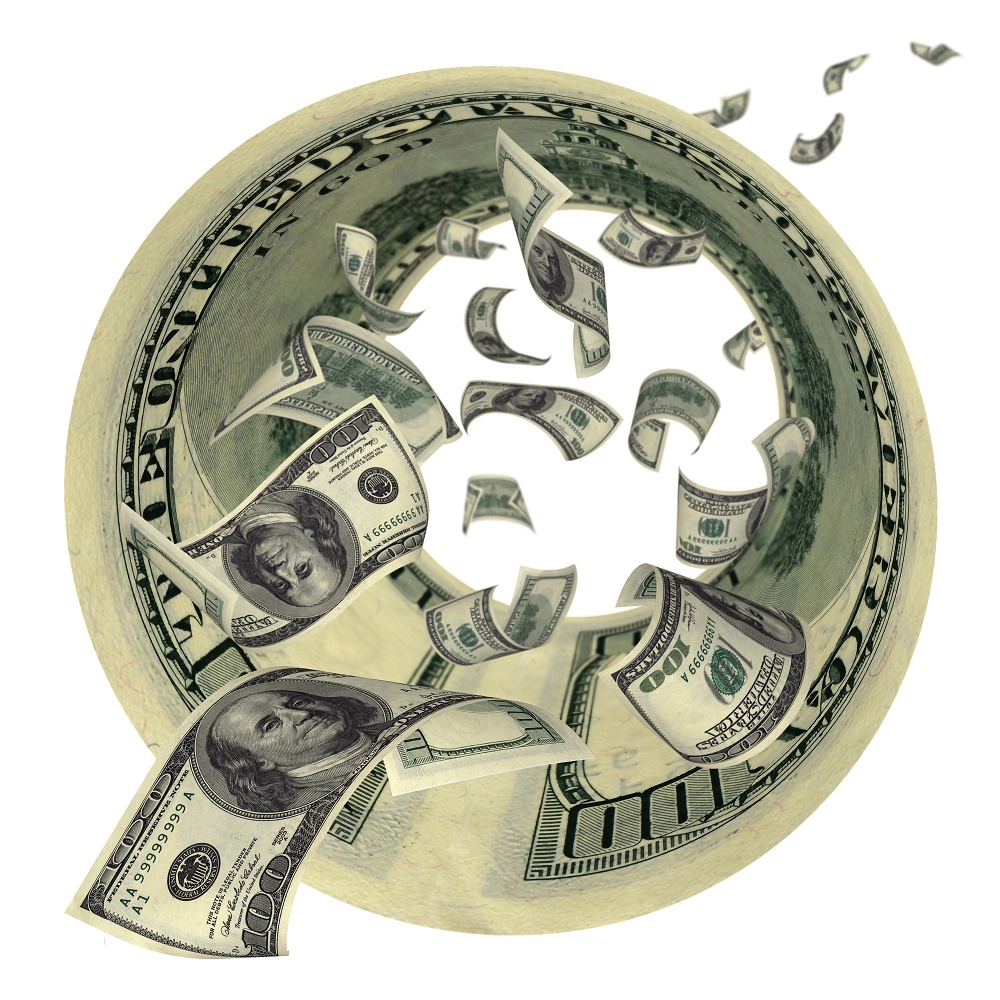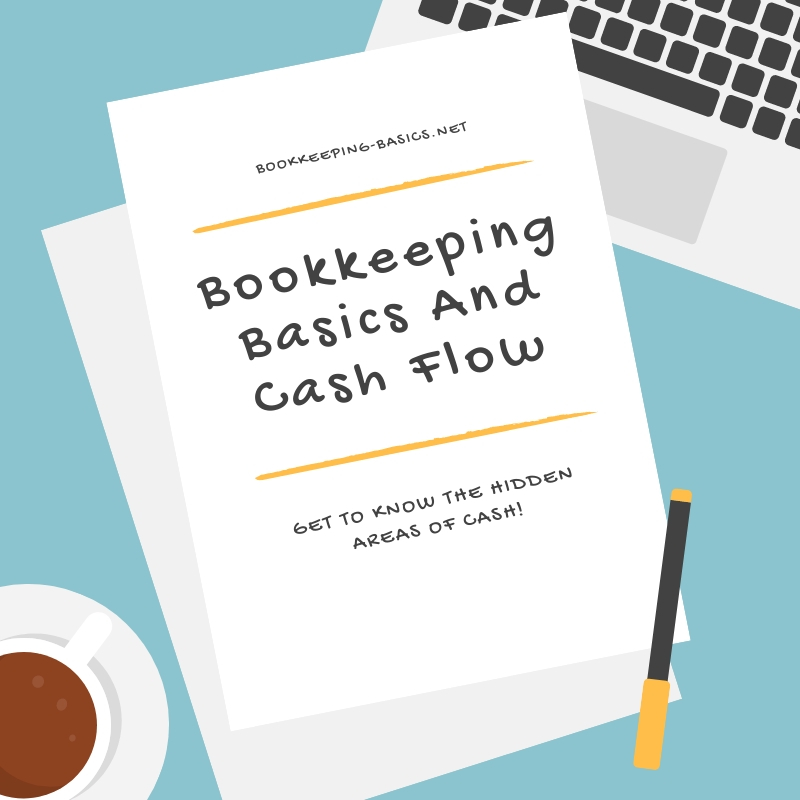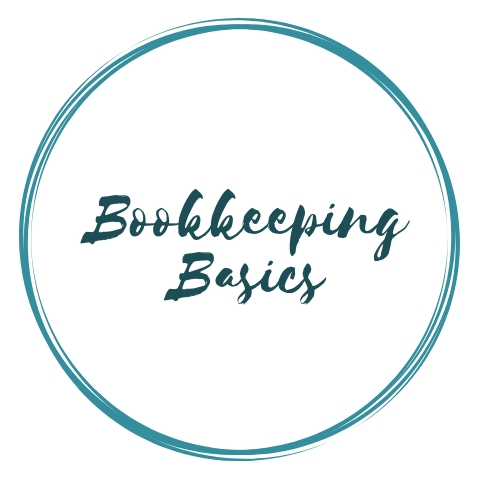- Home
- Bookkeeping Basics
- Bookkeeping Basics and Cash Flow
Bookkeeping Basics And Cash Flow
Get To Know The Hidden Cash Areas
Bookkeeping Basics and Cash Flow – Do you know the areas of hidden cash in your business? Yes, it’s true, there are areas in your business that could be hiding cash. And, your business may have more cash than you realize.
Now, would that not be a great surprise if you can identify those areas in your business? Using bookkeeping basics and cash flow analysis can help you find it. Learning how cash comes into your business, where it stays, and how it leaves, is vital to the health, growth and success of your company.
It’s said that cash is the lifeblood of a business. That is especially true when your business is growing. The faster the growth, the more cash you need. But many owners may find that they have hidden pools and flows of cash in their business, if only they knew where to look.
Bookkeeping Basics and Cash Flow -Analysis
Cash often hides in two places in your business—in your assets and in your operations. You have to understand a few basic ideas to find it.
This is where bookkeeping basics and cash flow analysis can become quite interesting and valuable for you. Analyzing and investigating cash flow in addition to the income statement and balance sheet is a vital component that is often overlooked. But doing so may cost you money that you already have.
For business owners, finding hidden cash in your business requires looking at your business in a different way. Accounts receivable, inventories, accounts payable, and other assets can be seen as “pools” of cash that can be tapped if you need them.
Along with the pools, your revenues and your operating expenses
are like “streams” of cash flowing through the business. Some of the streams
drain your cash out, and others bring it in. The key is to decrease the drain
and increase the flow.
Bookkeeping Basics And Cash Flow - Tools
 Cash Flow Tools
Cash Flow ToolsIdentifying hidden cash in your business is not overly
complicated. You just need to know where to look and have the right tools such as with bookkeeping basics key financial metrics. Here
are eleven places you might find unexpected reserves of cash:
1. Accounts Receivable
By decreasing the amount of time it takes to get paid from your customers, you will increase the amount of cash you have on hand.
2. Inventory
If yours is like many other businesses, you have excessive amounts of money tied up in inventory. Work on having “just-in-time inventory” and you will improve your cash situation.
3. Equipment and Facilities
You may have money tied up in outdated, inefficient equipment. You could save money over time by simply upgrading them, or you may be able to free up cash by leasing back assets.
4. Accounts Payable
You may be able to stretch out your payments to your creditors over a longer period of time, or take advantage of early payment discounts where possible.
5. Debt
Sometimes, it makes sense to take out a loan for some expenses such as large purchases. But, if servicing the loans is especially costly, it can better to pay off those loans early. Get creative with your financing options.
6. Revenues
Besides raising prices or selling more goods, finding ways to decrease variable or direct costs and utilize predictive accounting could increase the flow of money into your business.
7. Expenses
Small reductions in your monthly expenses can add up to big improvements in your cash power. It pays to review these very carefully. Also, changing the way non-cash expenses are accounted for can help.
8. Purchasing
Always negotiate the most favorable terms possible with your suppliers. Review your current contracts and look to improve the existing terms, if possible
9. People
Do you have the most cost-effective and productive balance of full-time, part-time or seasonal employees for your business operations?
10. Business Systems
If you haven’t already, systematize your business operations. By becoming more efficient and productive you cannot help but to improve your cash situation over time.
11. Bank Accounts
Talk with your bank and try negotiating more favorable rates, financial ratios or
terms, and looking to take advantage of any special programs at your financial
institution.
Bookkeeping Basics And Cash Flow - Financials
In practice as well as in your financial forms, cash is really an indicator of the way you run your company. If cash moves quickly and productively through your business, and generates a good profit, then your business is most likely working well.
If, on the other hand, your balance sheet is lop-sided with unneeded assets and crippling debt, is an indicator of issues that need to be addressed. And, if your income statement is bleeding cash and are hindered from making a decent profit because of unproductive systems, then that, too, must be worked on.
Fortunately, most businesses do have hidden cash they can access. For good bookkeeping tips think of bookkeeping basics and cash flow, look at the 11 potential hiding places we have described here, and you may find unexpected sources of cash that you could really use. Actually, don't wait, start looking!
Should
you need help identifying cash or areas in your business where you can improve
cash flow, please do not hesitate to contact me or email us at info@bookkeeping-basics.net
Bookkeeping Basics And Cash Flow - Author
Stephanie Horne is an experienced bookkeeper and Enrolled Agent. She is the owner and founder of Tax Avail, Inc. in Sonoma County, California along with this website and has over 20 years of in person, virtual and outsourced bookkeeping/accounting and tax preparation experience with businesses of all sizes.
Her love and passion is to work individually with business owners and families to help alleviate any financial stress or concerns by helping them to understand and have better control of their income, expenses, cash flow, and tax liabilities.
More Bookkeeping Basics
- Bookkeeping 101 Financial Ratios
- Bookkeeping 101 For Business Owners
- Bookkeeping 101 For Partnerships
- Bookkeeping 101 Chief Financial Officer
- Bookkeeping Basics Bookkeeping Basics
- Bookkeeping Basics And Cash Flow
- Bookkeeping Basics For Business Owners
- Bookkeeping Basics Key Financial Metrics
- Bookkeeping Basics Predictive Accounting
- Bookkeeping Basics Bookkeeping Tips
Please subscribe to my monthly newsletter, Bookkeeping Basics E-zine. It tells you every month about the new information that I have added, including some great tips and advice from myself and other Bookkeeping Basics readers.
Like Bookkeeping-Basics.net?
- Home
- Bookkeeping Basics
- Bookkeeping Basics and Cash Flow
















New! Comments
Have your say about what you just read! Leave me a comment in the box below.